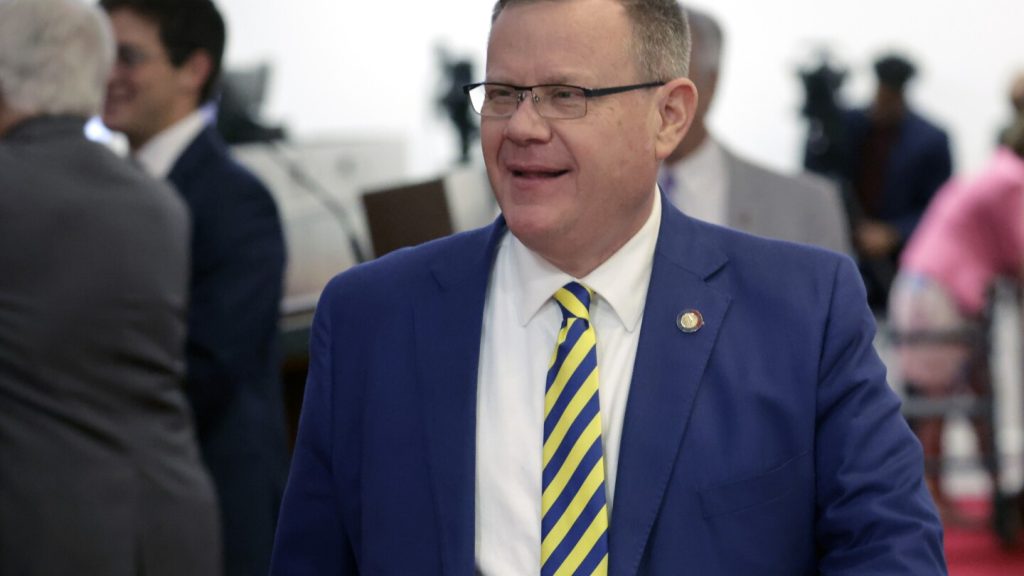The North Carolina General Assembly has reconvened for regular business after a landmark session in 2023. Daily floor meetings are set to begin, with the main focus being adjustments to the second year of the two-year state government budget. Lawmakers are expected to consider increasing funding for Medicaid and scholarships for K-12 children to attend private schools. A forecast shows the state could have $1.4 billion more in revenues than expected through mid-2025, providing room for additional spending. Other issues are likely to arise in the coming weeks as well.
Governor Roy Cooper, a Democrat, will also present his proposed budget adjustments on Wednesday. Republicans currently hold narrow veto-proof majorities in the General Assembly, which could allow them to ignore Cooper’s preferences if they remain united. Last year’s session saw significant legislative changes, including Medicaid expansion, abortion restrictions, gun rights expansions, and a reduction in the governor’s power. Both Cooper and State House Speaker Tim Moore will not be returning to their positions after this year, with Moore running for Congress.
The budget adjustments will be a key focus of this year’s assembly, with an emphasis on areas such as healthcare and education funding. With a substantial increase in state revenues expected, there may be opportunities to allocate more resources to critical areas. The political landscape in North Carolina has shifted in recent years, with Republicans making significant gains in the legislature. This session will provide an opportunity for both parties to come together on important policy decisions.
In addition to budget adjustments, other issues are likely to arise during the legislative session. Lawmakers may address topics such as infrastructure, economic development, and social issues. The General Assembly plays a crucial role in shaping the future of the state, and the decisions made during this session will have a lasting impact on North Carolina. With a diverse range of perspectives and priorities, legislators will need to work together to find common ground on key issues facing the state.
As the session progresses, it will be important for both parties to engage in constructive dialogue and compromise to move the state forward. While there may be differences of opinion on certain issues, finding areas of agreement will be essential to enacting meaningful legislation. The General Assembly has an opportunity to address pressing challenges facing North Carolina and to make progress on critical issues. By working together collaboratively, lawmakers can chart a path towards a more prosperous and equitable future for all residents of the state.


